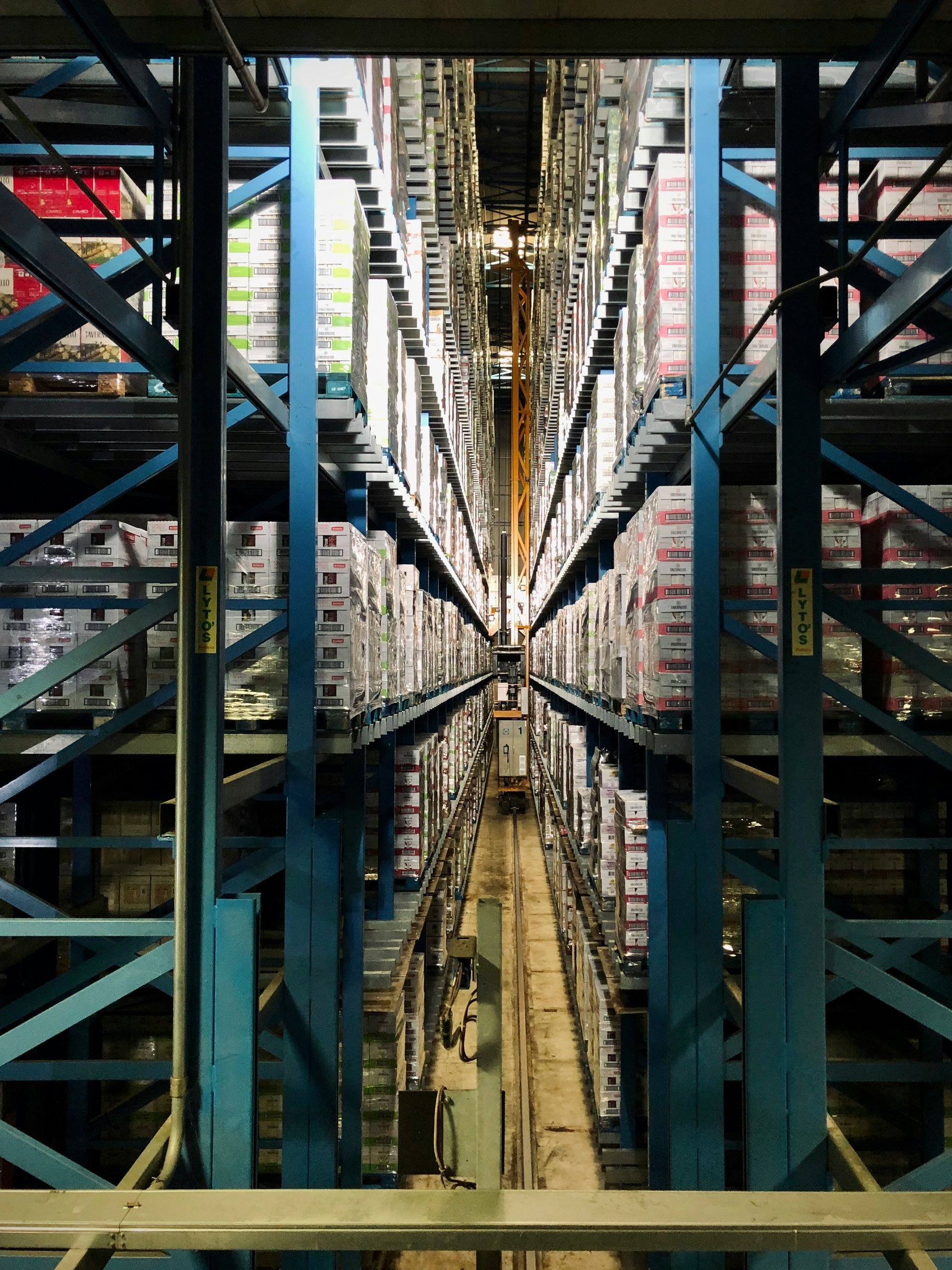The Power of Supply Chain Visibility and Traceability: Revolutionizing the Industry

Supply chain management has become increasingly critical in today's rapidly evolving business landscape. With volatile consumer preferences, customization demands, and the need for sustainability, companies face numerous challenges. To stay competitive, businesses must embrace a transparent and circular value chain that reduces waste, optimizes operations, and meets evolving market expectations.
Building Resilient and Sustainable Networks
Traditional linear supply chains are no longer sufficient. Companies need to develop more resilient networks that can withstand unforeseen disruptions and adapt to changing market dynamics. Additionally, investors, consumers, and governments are demanding more sustainable products and processes. Certifications and transparency are crucial to demonstrate a company's commitment to sustainability.
Harnessing the Power of Traceability Technologies
Traceability technologies have emerged as powerful solutions to address these challenges. By tracing products and goods across the value chain, these technologies provide valuable insights into inputs' origin, supplier sourcing practices, and conversion processes. With this data, companies can make informed decisions, predict outcomes, optimize operations, and enhance customer service.
Benefits of Supply Chain Visibility
Implementing traceability technologies offers numerous benefits to companies. It enables greater efficiency and responsiveness by identifying unnecessary resource consumption, responding quickly to changes in demand, and fulfilling orders more efficiently. Furthermore, it helps companies uncover strategic value chain opportunities and innovate faster by providing a comprehensive view of the entire value chain. Lastly, traceability technologies facilitate the certification of sustainable processes and products, meeting the growing demand for transparency and accountability.
Gaining a Competitive Edge
Companies that invest in traceability technologies outperform their competitors with limited visibility. They are better equipped to navigate supply chain disruptions and mitigate allegations about product safety or provenance. In the next decade, there will likely be a clear divide between companies that embrace traceability and those that do not. Traceability leaders will shape industry standards and regulations, while companies without traceability will be more vulnerable to disruptions.
Overcoming Implementation Challenges
While the benefits of traceability are clear, many companies struggle with implementation. The journey towards traceability can be complex, similar to a digital transformation. The multitude of technology options and application areas can be overwhelming. Companies often start with simple pilots but face challenges when scaling and amplifying the benefits across different areas. Collaboration with value chain partners is crucial but can be challenging due to the vast ecosystem involved.
Developing a Traceability Strategy
To successfully implement traceability, companies need a clear strategy. They must determine where tracing will generate the most value and focus their investment accordingly. This involves understanding the industry's strategic context, identifying customer and regulatory priorities, and recognizing areas where traceability can deliver a competitive advantage. Assessing the company's starting point and competitors' commitment to traceability helps determine the pace of implementation and potential partnership opportunities.
Connecting Traceability to Business Objectives
Resilience and sustainability must be prioritized throughout the entire value chain for companies to compete effectively today. This includes looking beyond Tier 1 suppliers and customers and considering the broader value chain. Companies must also meet rising consumer demands for speed, customization, and compliance with regulations and certifications. Understanding these objectives is crucial for leveraging traceability to drive value and achieve business goals.
Traceability and Sustainability
Traceability plays a vital role in supporting sustainability efforts by providing visibility into inputs and processes across the value chain. This visibility allows companies to identify areas for improvement and implement sustainable practices. Additionally, traceability provides the necessary information for provenance and sustainability certifications, enhancing a company's reputation and credibility.
Implementing Traceability Solutions
Traceability solutions can be implemented in various ways based on a company's objectives and industry context. It is crucial to focus on value and avoid overwhelming the value chain with complexity. By answering key questions about strategic goals, customer/regulatory priorities, competitive advantage, and business opportunities, companies can choose traceability applications that deliver significant dividends.
Scaling and Collaboration
Scaling traceability initiatives is essential to capture the full value of the technology. Many projects get stuck in pilot mode and fail to achieve broader impact. Collaboration is crucial as traceability requires close collaboration with value chain partners. Building a community of leaders, enablers, and potential partners can help drive success by sharing successes, failures, and best practices.
The Future of Traceability
Traceability technologies are rapidly evolving, and the next decade will see two performance curves in companies: a higher-performance curve for those investing in traceability and a lower-performing curve for those without it. The industry consensus is that traceability is crucial, with executives viewing it as "very or extremely important." However, only 15% of companies currently capture value at scale.
Key Takeaways
- Traceability is essential for ensuring supply in a volatile business landscape, meeting sustainability demands, and gaining a competitive edge.
- Traceability technologies optimize operations, improve customer service, identify strategic opportunities, and certify sustainable processes.
- Successful implementation requires a clear strategy focused on areas generating the most value and collaboration with value chain partners.
- Companies investing in traceability outperform competitors while those without it are more vulnerable to disruptions and allegations.
- The future of traceability is promising, with rapid technological advancements and increasing industry recognition of its importance.
References:
- Article 1: "The Next Revolution in Supply Chains," Bain & Company
- Article 2: "The Most Significant Risk to Supply Chains Today," Supply Chain Shaman
- Article 3: "The Impact of COVID-19 on Supply Chain Visibility," Quickbase
- Article 4: "Traceability: The Next Supply Chain Revolution," Bain & Company






